Solomon Islands: Interview with Father Yohanes Werang, CM
Fr. Yohanes Werang, CM, 44 years old, was born in Solor Island, East Flores, Indonesia. After graduation from the minor seminary in Flores, he joined the Vincentians in Java. There, he completed his formation program at Widya Sasana College, Malang- East Java, Indonesia and was ordained to the priesthood. In February 2007, he joined the mission in Papua New Guinea, Daru-Kiunga Diocese where he ministered for nearly 8 years. During that time, he served as a parish priest, Vocation Director for diocesan seminarians, Chaplain for Diocesan Youth, and Formator for pre-seminary. Since 2018, he has been a member of the international missionary team in the Solomon Islands ministering as a formator at Holy Name of Mary Seminary.
What does it mean for you to be a missionary?
A person who is willing to go out in order to give witness to the good news of Jesus. Such individuals have a special mission which is to proclaim the gospel to the world, and call all people to be disciples of Jesus. In other words, missionaries are men and women who leave their comfort zone in order to reach out to those who are living in remote places or on the peripheries. Missionaries are not tourists who travel to a place to enjoy life and relax, taking photos while dressed casually and then returning home to tell of their adventures. Missionaries are men and women who bring the Good News to the poor … and this demands a spirit of sacrifices, love, and humility.
Can you tell us how your day usually unfolds?
My main ministry in the Solomon Islands is to work as a formator at the Holy Name of Mary Seminary. With the other formators, I participate in the Eucharist with all seminarians in our chapel and then I have breakfast and begin to teach classes until noon. Classes are held from Monday to Friday and on Saturday, we prepare for our Sunday ministry. In the evenings, with the seminarians, I usually do some manual work (cleaning up around the seminary compound) or music practice or some other form of creative work. We end the day with night prayer and on Friday evening we have time for adoration before the Blessed Sacrament.
Every Sunday, I will visit (again with the seminarians) some of the local communities that are part of Good Shepherd’s Parish. There we celebrate the sacraments and after the celebration of the Eucharist I take some time to engage with people in catechetical instruction. The purpose of this instruction is to help people grow in their knowledge of the Christian faith.
Among the many people that you have encountered as a missionary, is there any individual who has remained etched in your memory?
I have been in the Solomon Island almost for almost three years and I find most people to be kind and generous. These are good men and women who welcome the Good News of Christ. They work with us and welcome us and, if we are allow them, they will teach us and evangelize us. As a missionary I have to enter into their culture and learn their way of life, that is, their struggles, pains, hopes, and joys.
Despite all the challenges that I have had to confront, living as a missionary has brought me joy and peace. I say this because I have had the opportunity to serve the poor and learn about their culture. I remember the words of St. Vincent de Paul: “poor people are our lords and masters.” I have come to a deeper understanding of those words and realize that Christ has identified himself with the poor of this world. Therefore, when I serve poor men and women, I serve Jesus himself.
Does it still make sense today to speak about “missions ad gentes”? What challenges do missionaries face?
I believe “the missions ad gentes” are relevant and also necessary. There are some regions that lack priests and individuals who are dedicated to the proclamation of the Good News. People need the priests and dedicated lay missionaries in order to develop an integral Christian life. I remembered one time I visited a local community in another parish. When I arrived in that place, people welcomed me and spoke about their desire to receive the sacraments. One thing I can do in this regard is to encourage young people to consider offering their lives to God as priests or religious. For me, “the missions ad gentes” are all about the church’s evangelizing mission and reaching out to those men and women who have not had an encounter with Jesus Christ and his Gospel. Pope Francis highlighted the importance of going out to the peripheries and the missions ad gentes do just that … reach out to men and women living on the peripheries.
Understanding people’s culture is an on-going challenge for missionaries. Culture not only involves people’s thinking process and how they act and interact with one another … rather culture encompasses every aspect, the totality of one’s life. I have to acknowledge that the difference in languages and culture can be most challenging and yet in the midst of these challenges missionaries must find ways to clothe themselves in the characteristic virtues of humility, simplicity, meekness, mortification, and zeal for souls.
Elena Grazini
Source: Pontifical Mission Societies.

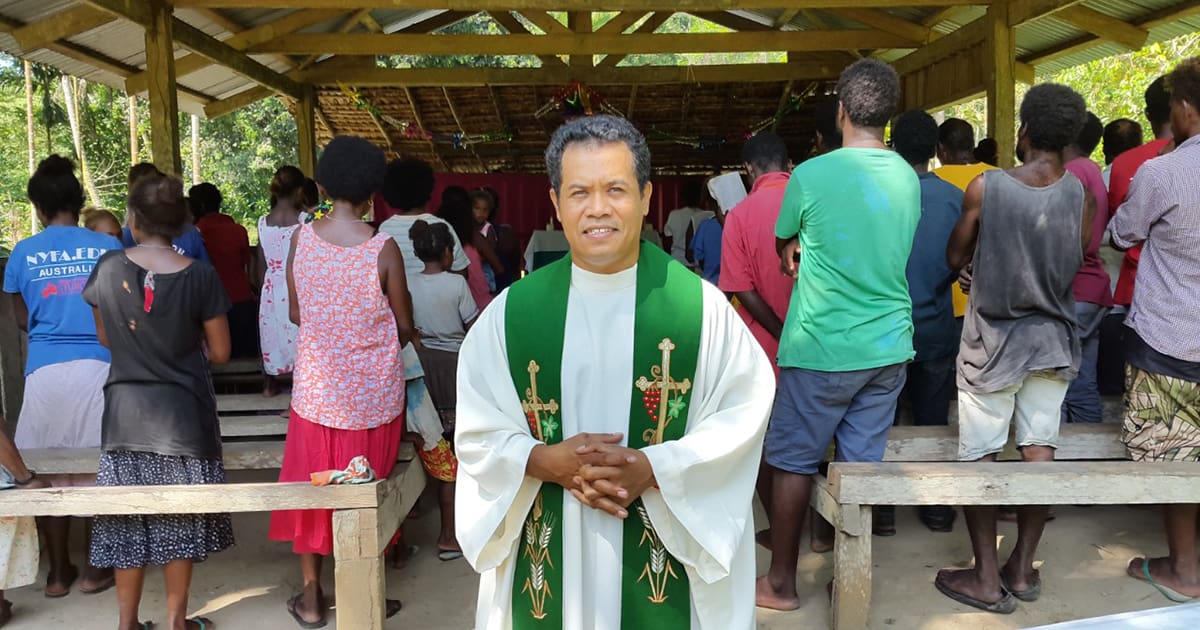


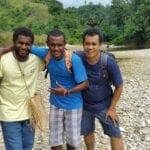
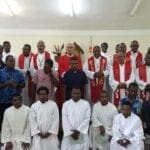
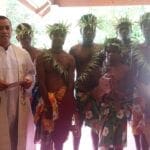
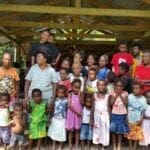
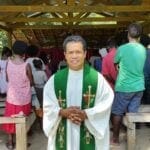
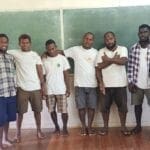
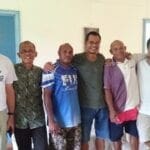
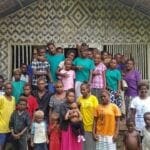




Thanks Fr. Yohanes for your dedication to serving the Lord by spreading the Good News to the poor.
Greetings from Gaborone Botswana to all of you.